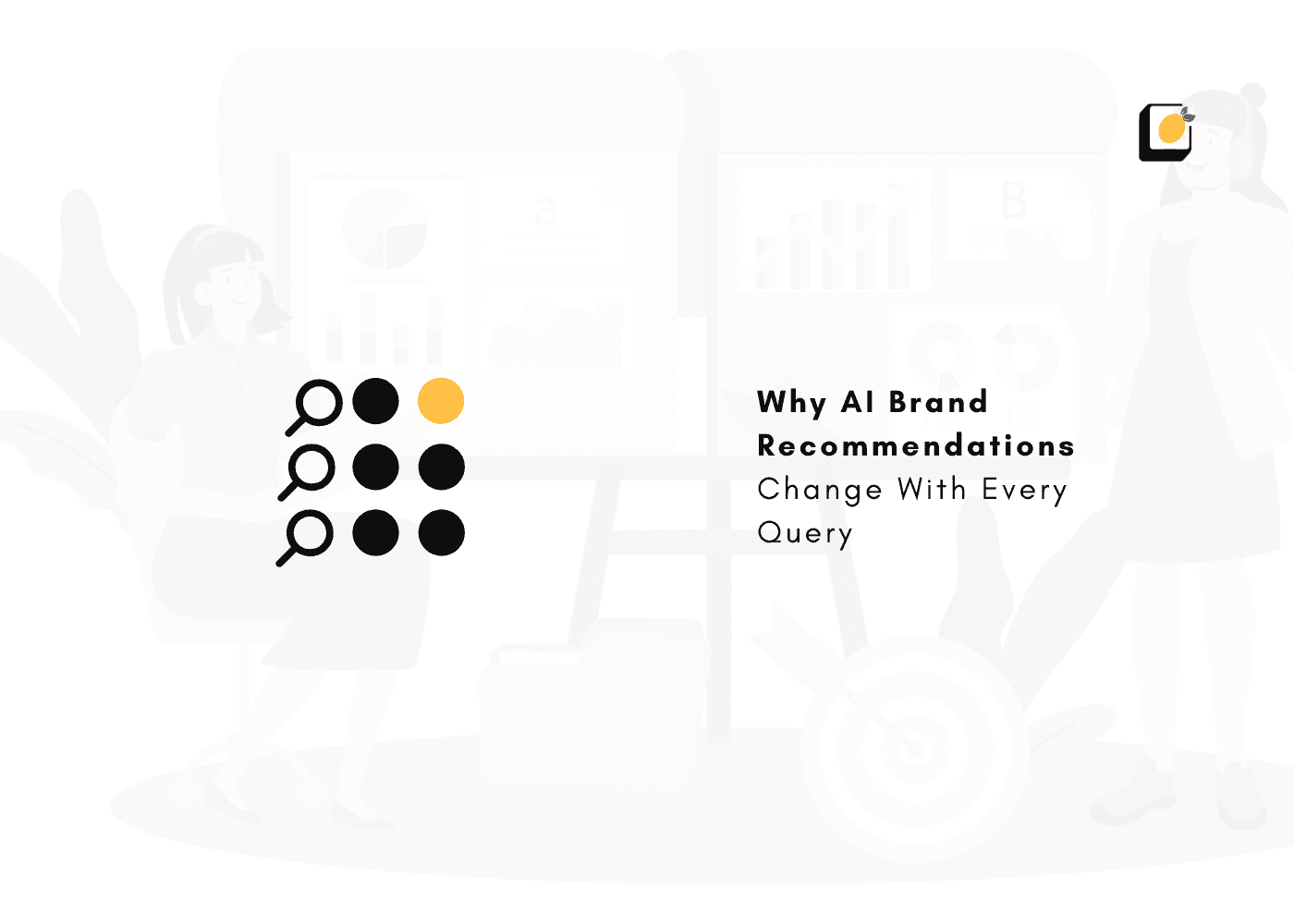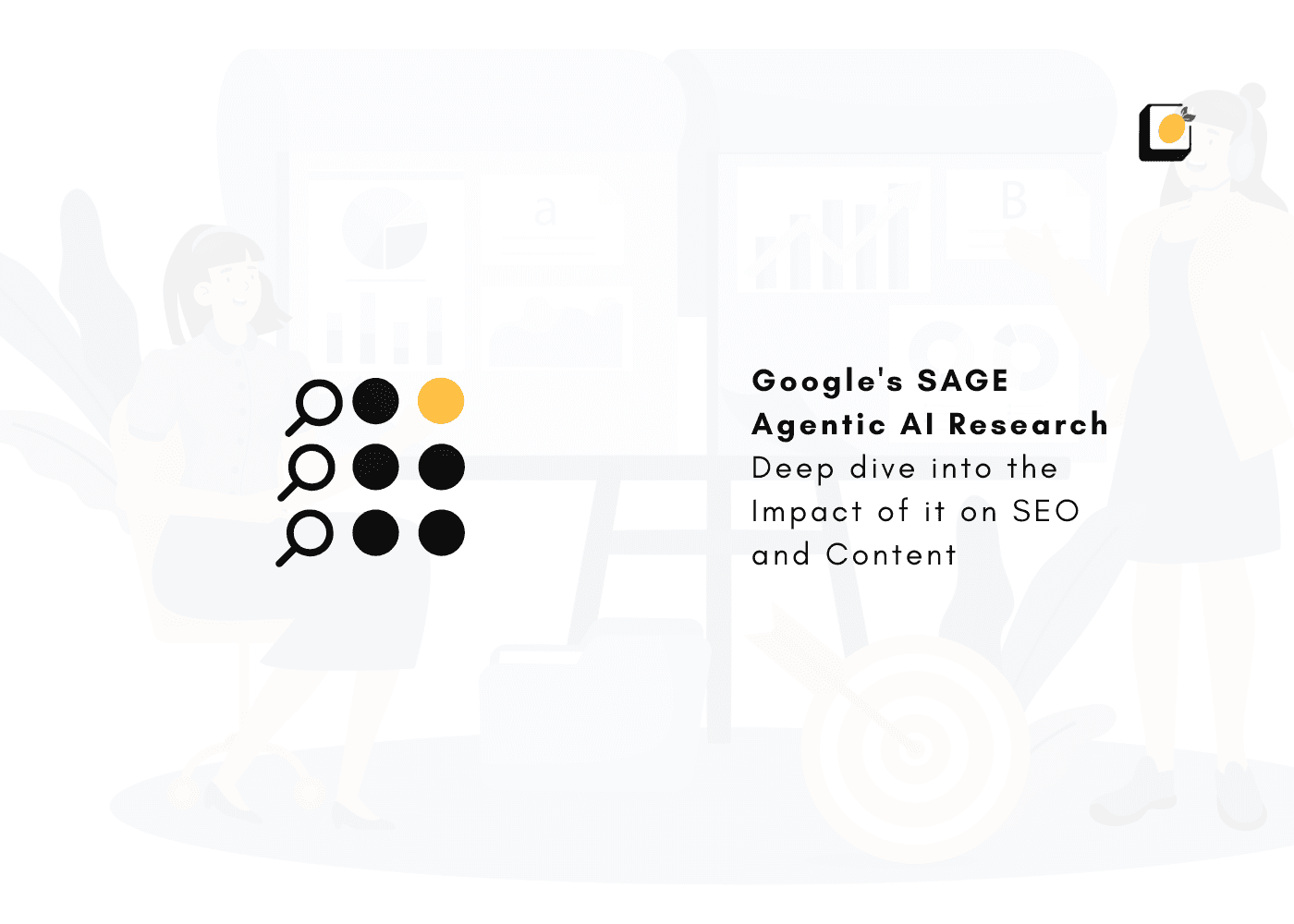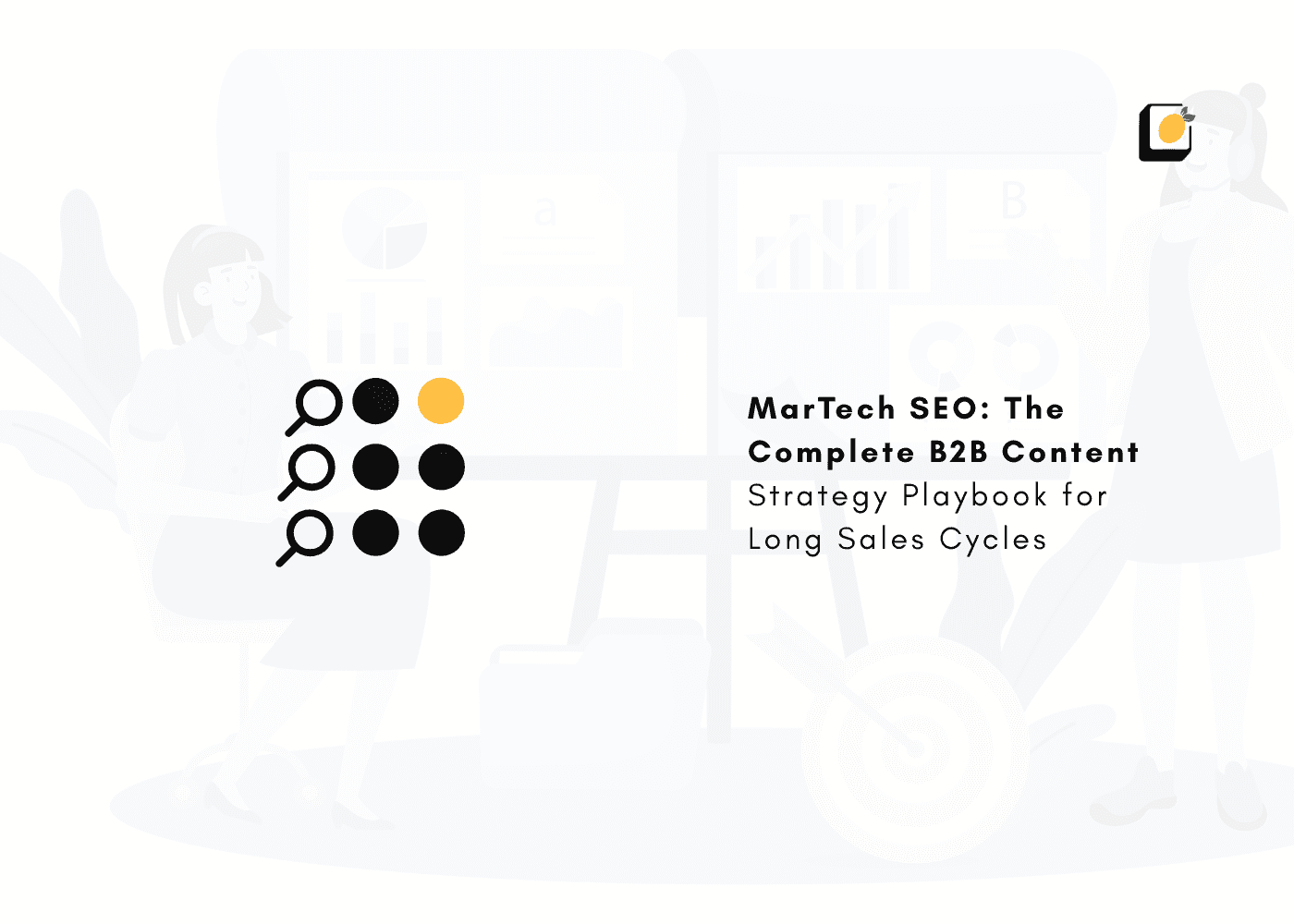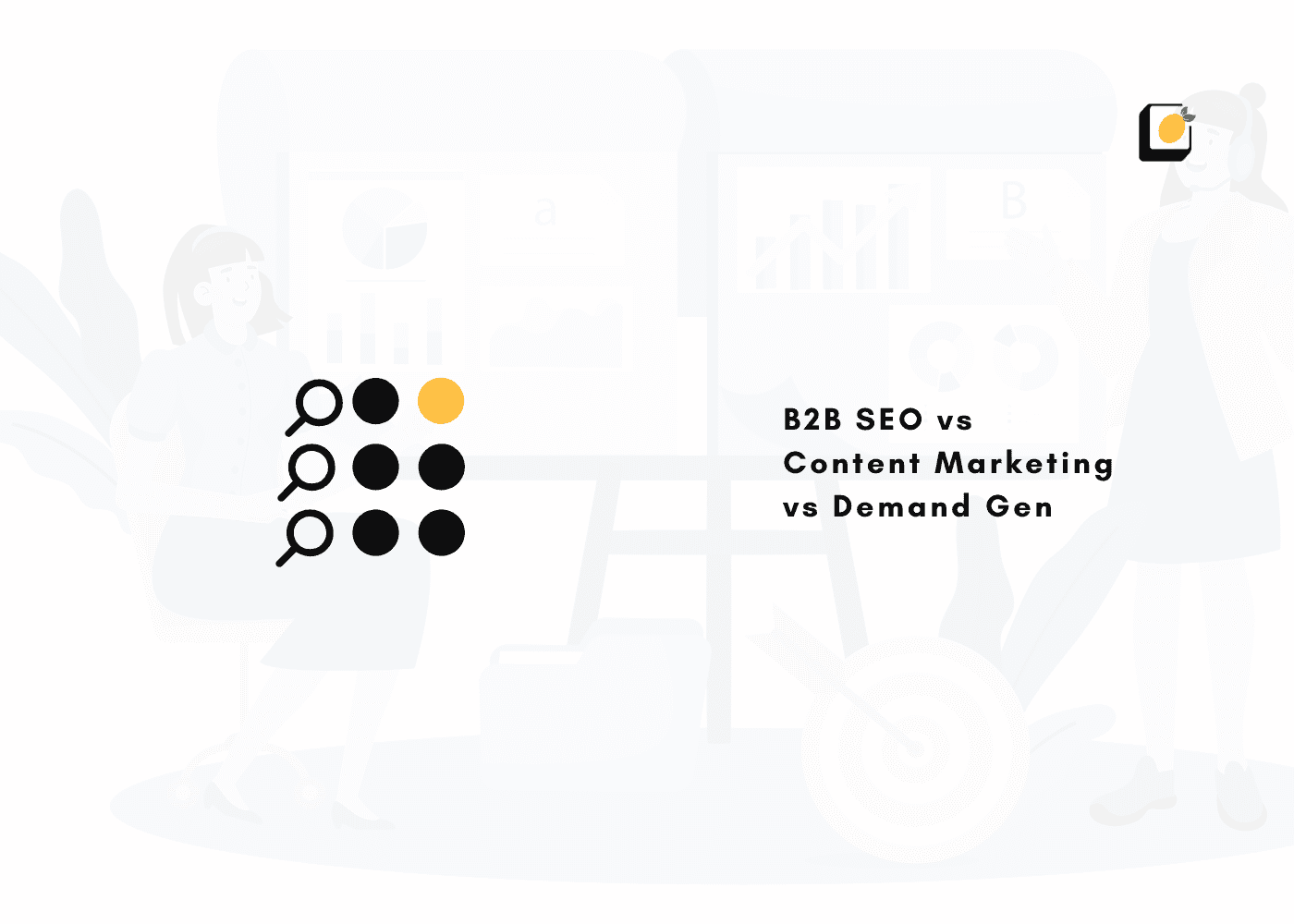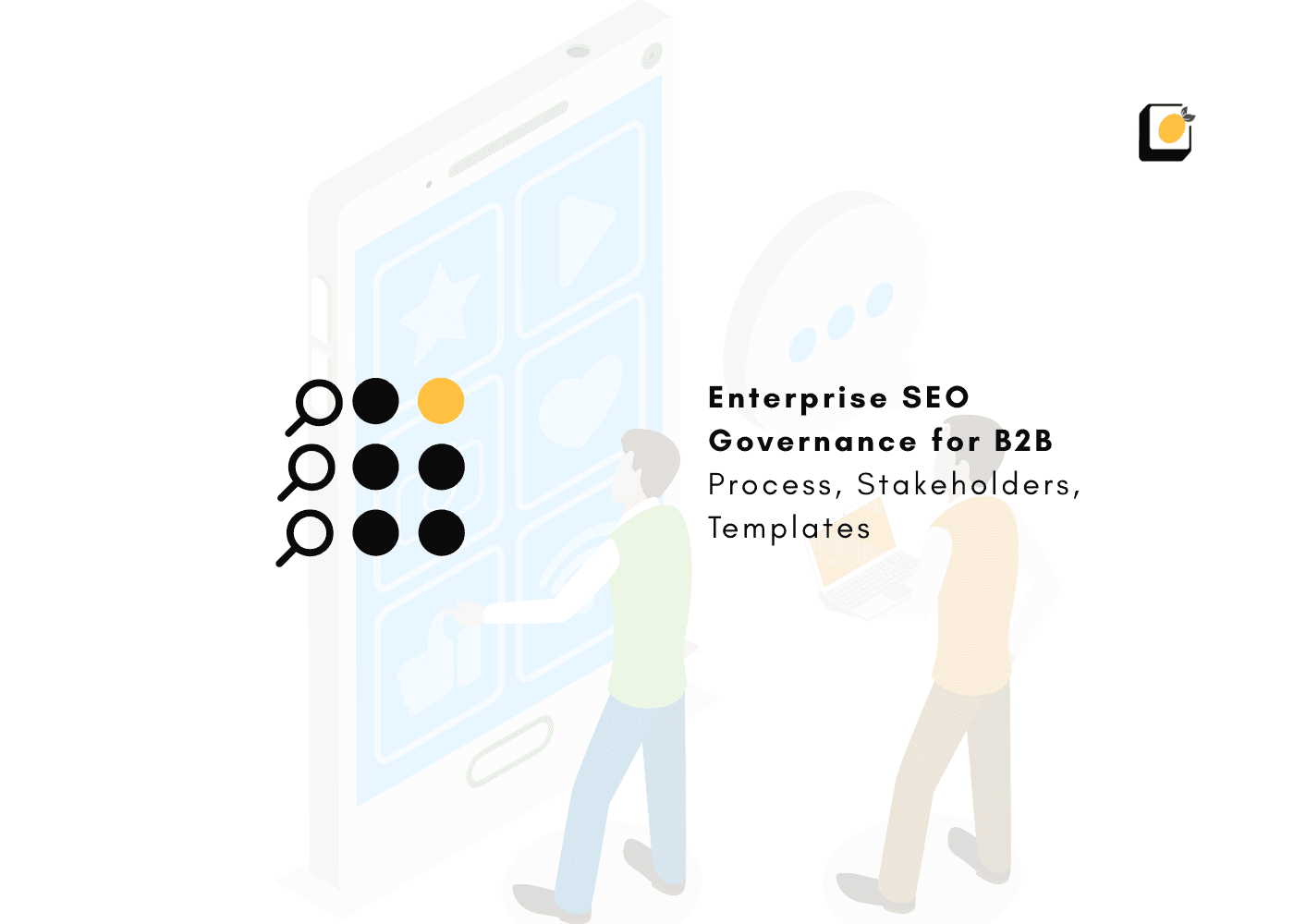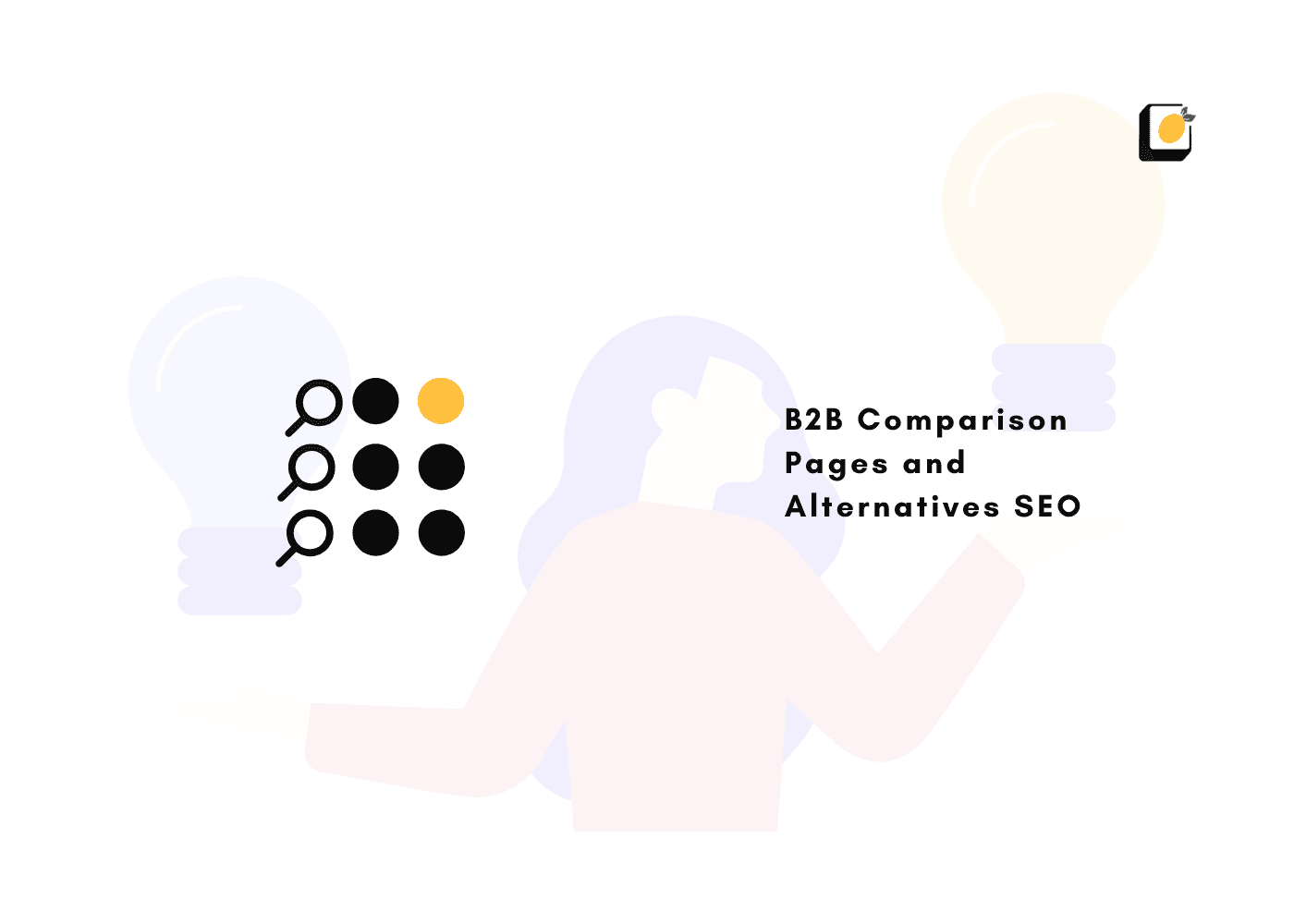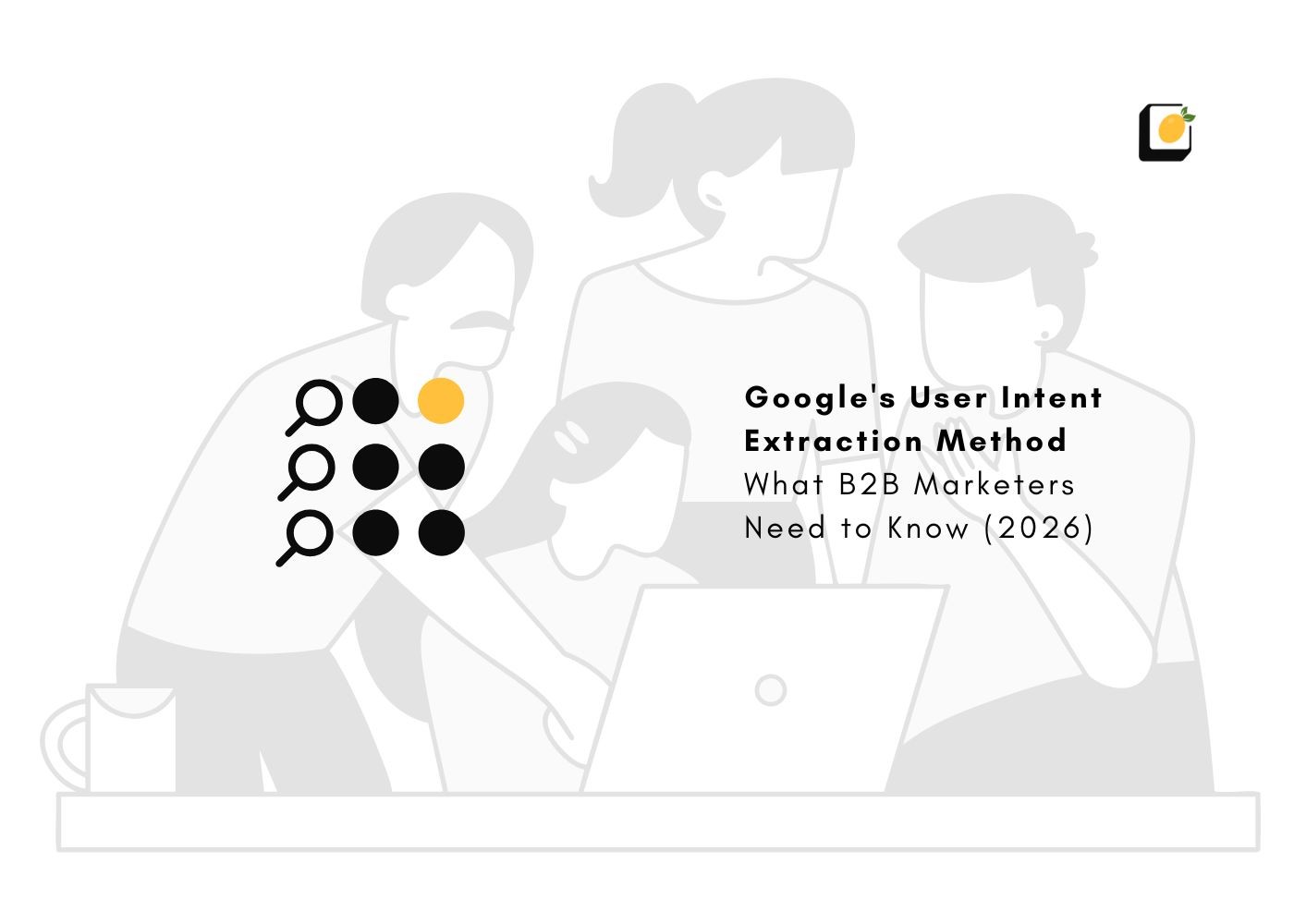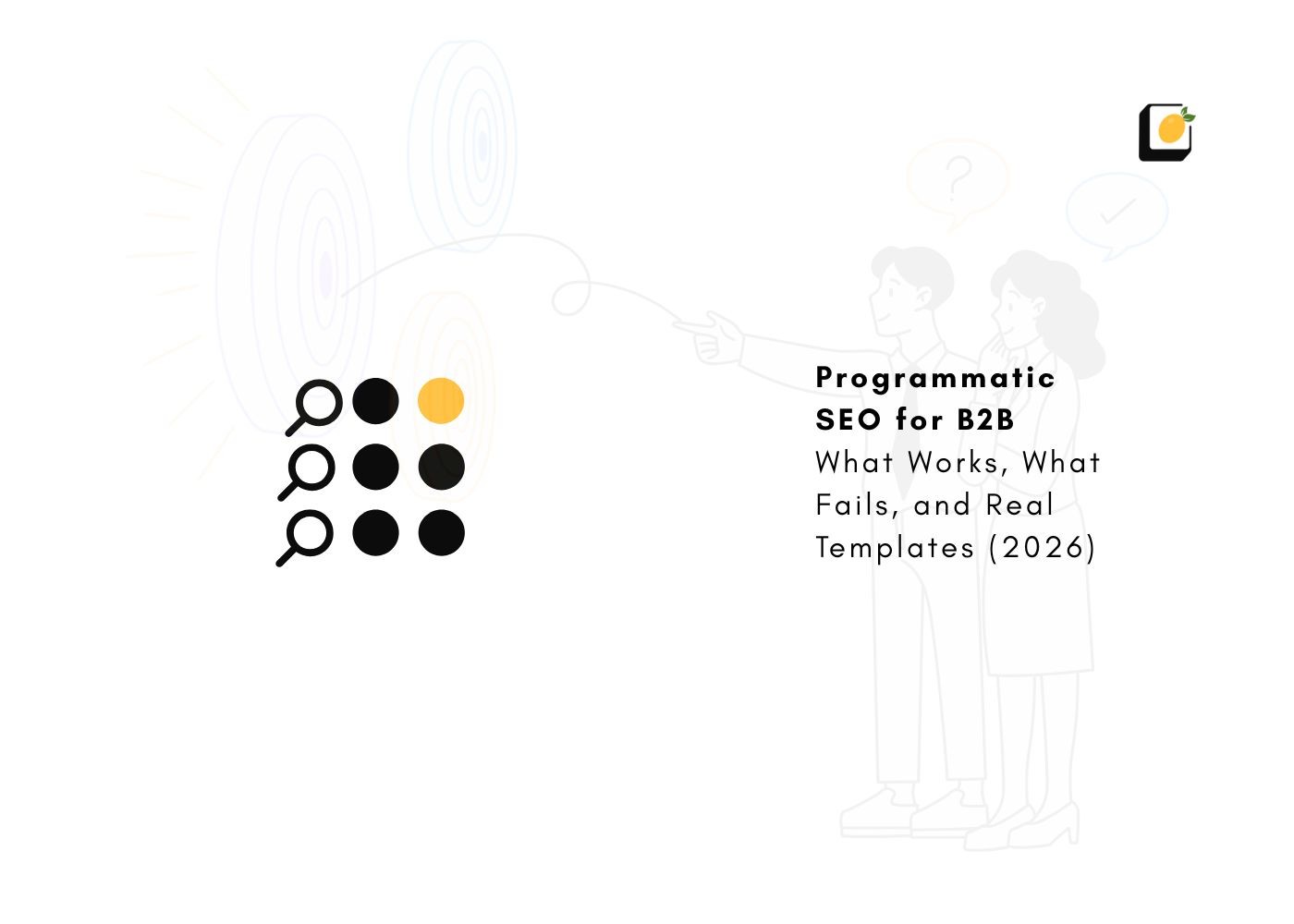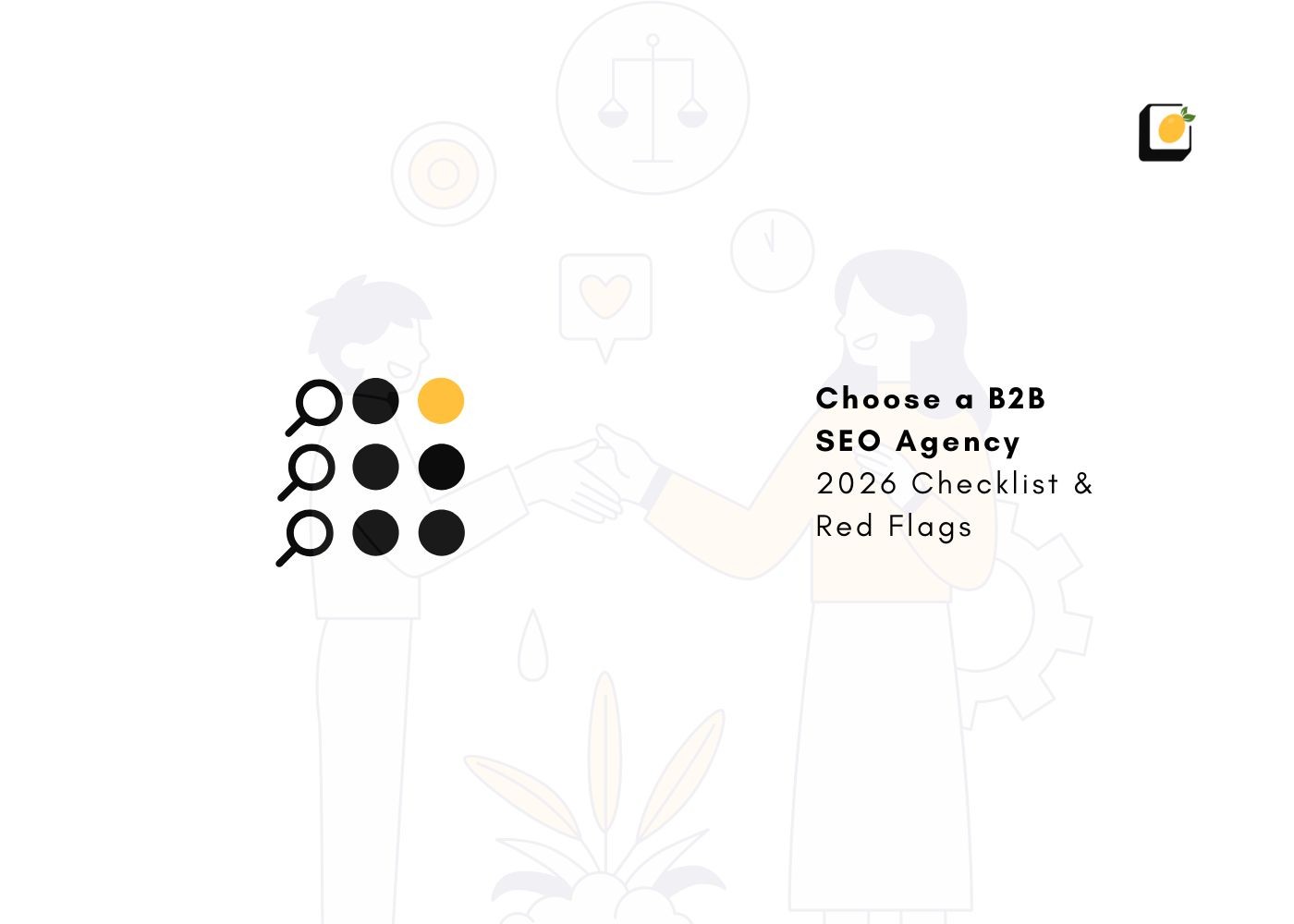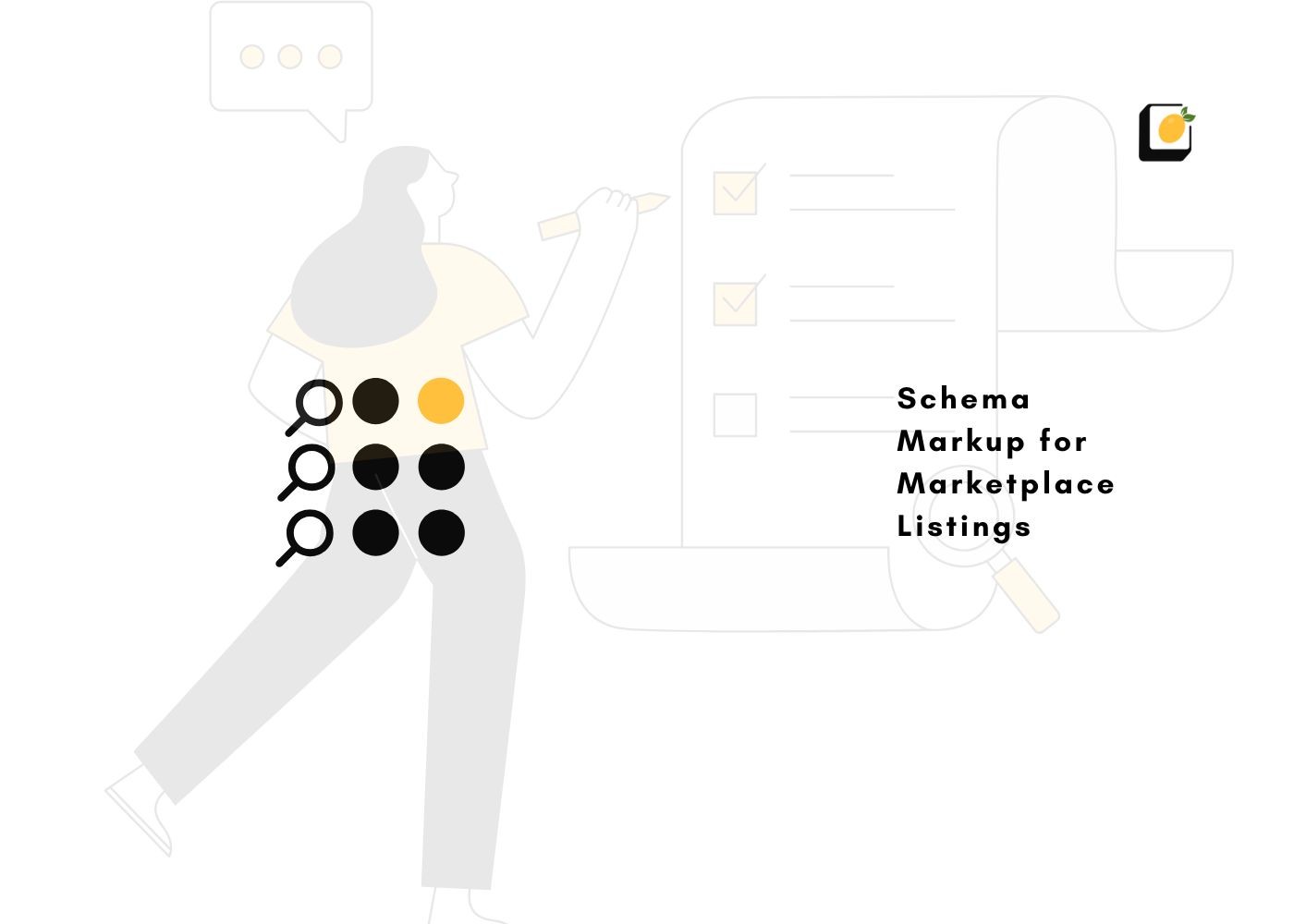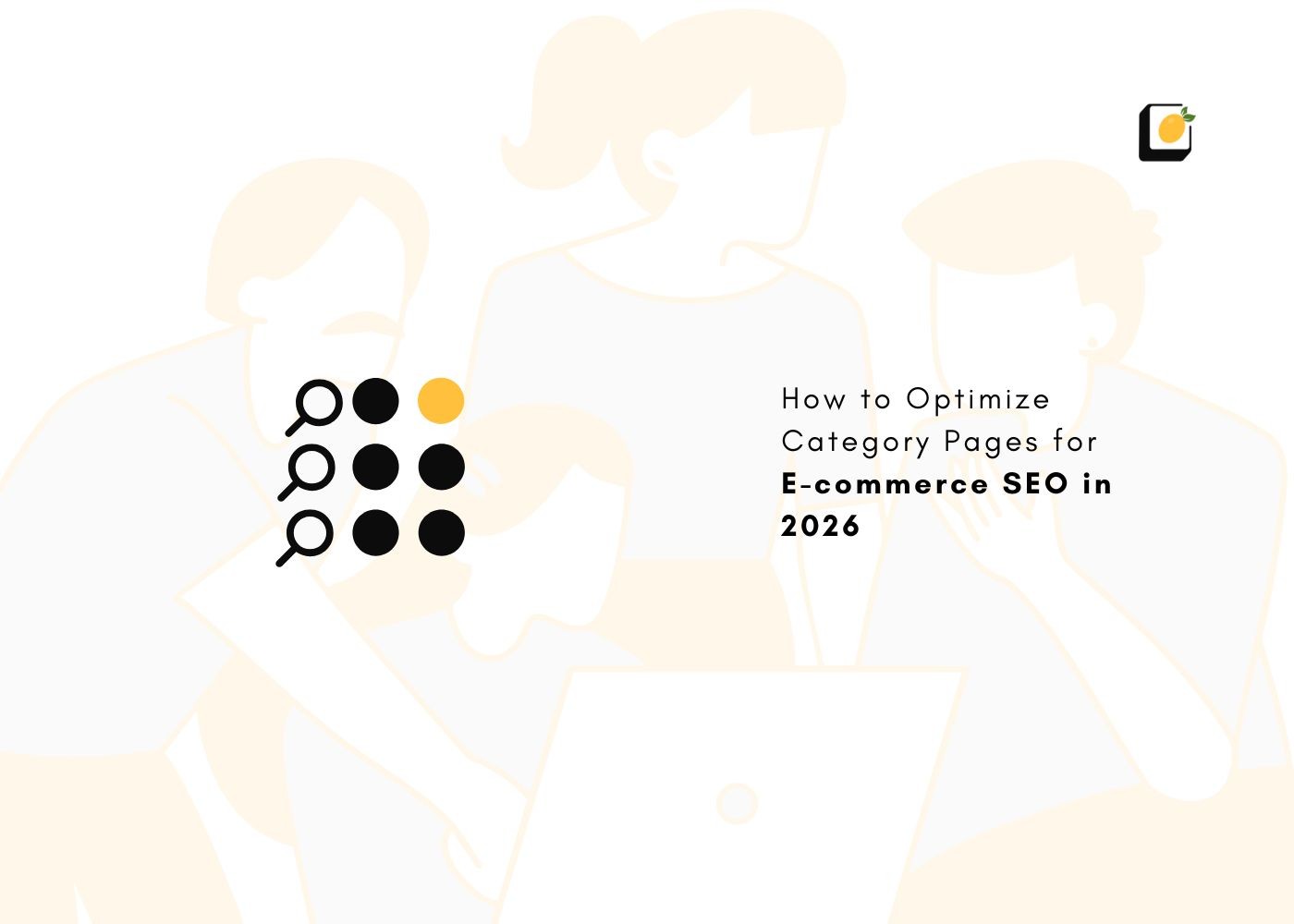AI-Powered E-commerce SEO vs. Niche Agency: Which is the Best Fit for Your Store?
August 5, 2025
Join 500+ brands growing with Passionfruit!
Running an e-commerce business means competing for attention in an increasingly crowded digital marketplace. Your SEO strategy can make or break your online store's success. But here's the million-dollar question: should you invest in cutting-edge AI-powered SEO platforms or partner with a specialized niche agency that knows your industry inside out?
The answer isn't as straightforward as you might hope. Both approaches offer unique advantages and potential drawbacks that can significantly impact your bottom line. Some e-commerce businesses thrive with AI automation handling their SEO heavy lifting, while others see dramatic growth working with boutique agencies that craft personalized strategies. Understanding what is AI search and how it's reshaping SEO helps frame this critical decision.
What's becoming increasingly clear is that the most successful e-commerce brands often blend both approaches, creating a hybrid model that maximizes efficiency while maintaining the human touch that builds lasting customer relationships. Let's dig into what each option really offers and help you make an informed decision for your business.
The Rise of AI-Powered SEO Platforms for E-commerce
AI has revolutionized how we approach e-commerce SEO, offering capabilities that seemed impossible just a few years ago. Modern AI SEO platforms can analyze millions of data points, predict search trends, and automate optimization tasks that would take human teams weeks to complete. The impact of AI on SEO goes beyond myth, delivering real, measurable results for online stores.
How AI SEO Platforms Work
AI-powered SEO tools for e-commerce stores work by continuously scanning your website, analyzing competitor strategies, and identifying optimization opportunities in real-time. These platforms use machine learning algorithms to understand search patterns, user behavior, and content performance across your entire product catalog.
For example, an AI platform might notice that your competitors' product descriptions for "wireless headphones" consistently mention battery life in the first paragraph, leading to higher rankings. The AI would then suggest similar optimizations for your listings, potentially even generating improved content automatically. Many e-commerce sites are now warning that your e-commerce site is about to go invisible without proper AI optimization.
The sophistication of these systems continues to grow. Modern AI SEO platforms can now predict which products are likely to trend based on search patterns, suggest pricing strategies that balance profitability with search visibility, and even identify technical issues before they impact your rankings.
Key Benefits of AI SEO Automation
Speed and Scale The most obvious advantage of AI SEO platforms is their ability to optimize thousands of product pages simultaneously. For e-commerce stores with extensive catalogs, manually optimizing each product description, meta tag, and category page would be virtually impossible. AI handles this at scale, making updates across your entire site in minutes rather than months. The top 10 essential AI e-commerce schemas can be implemented automatically across your entire catalog.
Data-Driven Decision Making AI platforms excel at processing vast amounts of data to identify patterns humans might miss. They can analyze your competitors' strategies, track algorithm changes, and predict future search trends with remarkable accuracy. This data-driven approach removes much of the guesswork from SEO, allowing you to make decisions based on concrete evidence rather than intuition. Understanding how AI is transforming content creation for SEO reveals the depth of these capabilities.
24/7 Optimization Unlike human teams, AI systems work around the clock, continuously monitoring your site's performance and making adjustments. If a competitor launches a new product or Google updates its algorithm, your AI platform can respond immediately, keeping you competitive without manual intervention.
Cost Efficiency at Scale For many e-commerce businesses, the cost analysis of AI-driven SEO automation vs. traditional agency services heavily favors AI platforms. A comprehensive AI SEO solution might cost $500-2000 per month, regardless of how many products you're optimizing. Compare that to agency fees that often scale with the scope of work, and the economics become compelling for larger catalogs. This helps explain why SEO is so expensive when done manually.
Limitations and Challenges
Content Quality Concerns While AI excels at optimization, it often struggles with creating truly engaging, brand-specific content. AI-generated product descriptions can feel generic, lacking the personality and emotional connection that converts browsers into buyers. Many e-commerce brands find that AI content requires significant human editing to maintain brand voice and authenticity. The question of can AI content really boost your SEO rankings depends heavily on implementation quality.
Technical Learning Curve Implementing AI SEO platforms effectively requires a certain level of technical expertise. Your team needs to understand how to interpret AI recommendations, configure the platform correctly, and integrate it with your existing e-commerce systems. This learning curve can be steep, particularly for smaller businesses without dedicated technical resources.
Over-Optimization Risks AI platforms optimize based on patterns and data, which can sometimes lead to over-optimization. Pages might rank well but feel unnatural to human readers, potentially hurting conversion rates. There's also the risk of all AI-optimized sites looking similar, as they follow the same data-driven patterns.
Limited Strategic Thinking AI excels at tactical execution but struggles with high-level strategic planning. It can't understand your unique business goals, brand positioning, or long-term vision the way a human strategist can. This limitation becomes particularly apparent when dealing with complex market positioning or brand differentiation challenges.
The Value of Specialized Niche SEO Agencies
While AI platforms offer impressive technological capabilities, specialized e-commerce SEO agencies bring something equally valuable to the table: deep industry expertise combined with human creativity and strategic thinking. Understanding the difference between Passionfruit vs typical SEO agency approaches helps illustrate what modern agencies can offer.
What Niche Agencies Bring to E-commerce
A specialized e-commerce SEO agency for fashion brands understands the unique challenges of seasonal collections, the importance of visual search optimization, and how to leverage influencer partnerships for link building. This industry-specific knowledge translates into strategies that generic approaches simply can't match. The complete ecommerce SEO guide for beginners shows the depth of knowledge required for success.
Niche agencies invest heavily in understanding your specific market segment. They know which keywords actually drive purchases versus those that merely generate traffic. They understand your customers' buying journey and can optimize for each stage of the funnel, from initial research to final purchase decision.
The best niche agencies also maintain relationships within your industry, opening doors for partnership opportunities, guest posting, and authentic backlink acquisition that AI platforms can't facilitate. These human connections often prove invaluable for building domain authority and trust.
Strategic Advantages of Human Expertise
Custom Strategy Development Every e-commerce business faces unique challenges. A niche agency crafts strategies specifically for your situation, considering factors like your competitive landscape, resource constraints, and business goals. They can pivot strategies based on nuanced market changes that AI might not recognize as significant. What is SEO management explains the comprehensive approach agencies take.
Brand Voice and Storytelling Human copywriters and strategists excel at creating content that resonates emotionally with your target audience. They can weave your brand story throughout your site, creating a cohesive narrative that builds trust and encourages purchases. This storytelling ability becomes particularly crucial for premium brands or those competing on values rather than price.
Complex Problem Solving When facing significant SEO challenges—like recovering from a Google penalty or repositioning your brand in a crowded market—human expertise becomes invaluable. Experienced SEO professionals can diagnose complex issues, develop creative solutions, and navigate the nuanced world of search engine guidelines with finesse. Understanding the Google algorithm deception requires human insight.
Relationship Building Building authoritative backlinks for e-commerce websites requires more than automated outreach. Niche agencies cultivate relationships with industry publications, bloggers, and complementary businesses. These human connections result in high-quality links that significantly impact your search rankings and referral traffic.
Measuring ROI with Niche Agencies
Working with a specialized agency often means receiving detailed reports that connect SEO efforts directly to business outcomes. Rather than focusing solely on rankings or traffic, agencies track metrics like:
Revenue attribution from organic search
Conversion rate improvements from SEO traffic
Customer lifetime value from organic visitors
Market share gains in target categories
This business-focused approach helps justify the higher costs associated with agency services. Many e-commerce brands find that paying $3,000-10,000 monthly for specialized agency services delivers positive ROI when measuring actual revenue impact rather than vanity metrics. The focus on organic traffic vs organic conversions becomes crucial here.
Potential Drawbacks
Higher Costs The expertise and personalized service of niche agencies come at a premium. Small to medium e-commerce businesses might struggle to afford comprehensive agency services, particularly when competing priorities demand marketing budget allocation. Reviewing the top 10 ecommerce SEO agencies reveals typical pricing structures.
Scalability Limitations Agencies have finite human resources, which can limit their ability to scale rapidly. If your e-commerce store suddenly expands from 1,000 to 10,000 products, an agency might struggle to maintain optimization quality across your entire catalog without significantly increasing costs.
Communication Overhead Working with an agency requires regular communication, feedback, and collaboration. This time investment can be substantial, particularly during strategy development and implementation phases. Some business owners find this collaborative process valuable, while others prefer the "set and forget" nature of AI platforms.
Direct Comparison: AI Platforms vs. Niche Agencies
Understanding how AI platforms and niche agencies compare across key factors helps clarify which approach might work best for your specific situation.
Cost Structures
AI Platforms:
Fixed monthly fees ($200-3000 typically)
Predictable costs regardless of catalog size
Lower entry point for small businesses
Additional costs for advanced features or API access
Niche Agencies:
Project-based or retainer fees ($2000-15000+ monthly)
Costs scale with scope and complexity
Higher initial investment
Often include strategic consulting in base price
Speed of Implementation
AI Platforms:
Immediate setup and initial optimization
Bulk updates across entire catalog in hours
Real-time response to algorithm changes
Minimal onboarding time
Niche Agencies:
2-4 week initial audit and strategy phase
Gradual rollout of optimizations
Thoughtful, measured approach to changes
Longer timeline for full implementation
Customization Capabilities
AI Platforms:
Limited to platform capabilities
Template-based optimizations
Struggles with unique business models
Excellent for standard e-commerce setups
Niche Agencies:
Fully customized strategies
Adapts to any business model
Creative solutions for unique challenges
Flexible approach to optimization
Results and Performance
Both approaches can deliver impressive results, but the nature of those results often differs:
AI Platforms excel at:
Quick wins through technical optimization
Consistent performance across large catalogs
Identifying and fixing basic SEO issues
Maintaining baseline optimization standards
Niche Agencies excel at:
Breakthrough growth in competitive markets
Building sustainable competitive advantages
Creating content that converts
Developing innovative SEO strategies
The Hybrid Approach: Combining AI and Human Expertise
The most sophisticated e-commerce brands increasingly adopt hybrid SEO strategies that leverage both AI efficiency and human creativity. This approach maximizes the strengths of each while minimizing their respective weaknesses. The generative engine optimization guide provides a framework for this balanced approach.
Structuring a Hybrid Strategy
A typical hybrid approach might use AI platforms for:
Technical SEO monitoring and fixes
Bulk product description optimization
Keyword research and opportunity identification
Competitor analysis and tracking
Basic content generation for long-tail pages
While relying on human experts for:
Overall strategy development
High-value page optimization (homepage, category pages)
Brand storytelling and content marketing
Link building and partnership development
Complex problem solving and penalty recovery
Implementation Best Practices
Start with AI for Foundation Begin by implementing an AI platform to handle basic optimization across your entire site. This creates a solid technical foundation and frees up human resources for more strategic work. Use AI to identify opportunities, then have human experts prioritize and execute the most valuable ones. AI-powered SEO tools can provide this foundation effectively.
Layer in Human Expertise Once your AI systems are running smoothly, bring in specialized human expertise for high-impact areas. This might mean hiring a niche agency for quarterly strategy sessions, working with freelance copywriters for key pages, or bringing in technical SEO consultants for specific challenges.
Create Clear Workflows Establish clear processes for how AI and human efforts complement each other. For example:
AI identifies keyword opportunities
Humans evaluate and prioritize based on business goals
AI generates initial content drafts
Humans refine and enhance for brand voice
AI handles ongoing optimization and monitoring
Humans review performance and adjust strategy
Measure Integrated Results Track performance metrics that reflect both AI and human contributions. Monitor not just traffic and rankings, but also engagement metrics, conversion rates, and revenue attribution. This comprehensive measurement helps you understand which elements of your hybrid strategy drive the most value.
Cost-Benefit Analysis
A hybrid approach typically costs more than using AI alone but less than full-service agency engagement. A typical investment might look like:
AI platform: $500-1500/month
Strategic consulting: $2000-5000/quarter
Specialized content creation: $1000-3000/month
Technical audits: $1000-2000/quarter
Total monthly investment: $3000-6000
This investment often delivers the best ROI for mid-size e-commerce businesses that need both efficiency and strategic differentiation.
Real-World Implementation Strategies
Successfully implementing either approach—or a hybrid model—requires careful planning and execution. Here's how to get started:
For AI Platform Implementation
Phase 1: Platform Selection (Week 1-2) Research and trial 2-3 leading AI SEO platforms. Focus on those with specific e-commerce features like:
Product schema markup automation
Dynamic meta tag generation
Category page optimization
Integration with your e-commerce platform
Phase 2: Initial Setup (Week 3-4)
Connect your e-commerce platform
Configure site crawling and monitoring
Set up conversion tracking
Define optimization rules and parameters
Run initial site audit
Phase 3: Optimization Rollout (Month 2)
Start with technical fixes (site speed, mobile optimization)
Implement AI-generated meta descriptions
Optimize product titles using AI suggestions
Set up automated monitoring and alerts
Phase 4: Refinement (Month 3+)
Review AI performance data
Adjust optimization parameters
Expand to content generation
Integrate with other marketing tools
For Agency Partnership
Phase 1: Agency Selection (Week 1-3)
Research agencies with your industry expertise
Request case studies and references
Conduct discovery calls with 3-5 agencies
Compare proposals and strategies
Phase 2: Onboarding (Week 4-6)
Share business goals and constraints
Provide access to analytics and platforms
Collaborate on initial audit
Align on KPIs and reporting
Phase 3: Strategy Development (Week 7-10)
Review audit findings together
Prioritize optimization opportunities
Develop content calendar
Plan link building campaigns
Phase 4: Implementation (Month 3+)
Execute prioritized optimizations
Launch content initiatives
Monitor and adjust based on results
Regular strategy reviews
Future Trends in E-commerce SEO
The landscape of e-commerce SEO continues to evolve rapidly, with several trends shaping the future of both AI platforms and agency services. Understanding the most insane SEO trends for 2025 helps prepare for what's coming.
AI Advancement
AI capabilities expand dramatically each year. Soon, AI platforms will offer:
Predictive inventory optimization based on search trends
Automated personalization at scale
Visual search optimization for all products
Voice commerce optimization
Real-time price optimization for search visibility
For Shopify stores specifically, the complete guide to MCP for Shopify SEO shows how AI integration is transforming e-commerce platforms.
Agency Evolution
Niche agencies adapt by:
Incorporating AI tools into their service stack
Focusing on strategy and creativity over execution
Developing proprietary methodologies
Building deeper platform partnerships
Offering integrated marketing services beyond SEO
Market Dynamics
The e-commerce SEO landscape will likely see:
Increased consolidation of AI platforms
More specialized micro-agencies
Growing importance of first-party data
Integration with social commerce
Focus on sustainable and ethical SEO practices
The emergence of AI shopping integrations like Perplexity Shop and OpenAI shopping creates new optimization opportunities.
Making the Right Choice for Your Business
Choosing between an AI platform and a niche agency—or implementing a hybrid approach—depends on several factors specific to your business. For businesses wondering can you do SEO yourself, the answer often depends on these same factors.
Choose AI Platforms If:
You have a large product catalog (1000+ SKUs)
Your team has basic technical skills
Budget is a primary constraint
You need quick, scalable improvements
Your products are relatively standardized
Choose Niche Agencies If:
You operate in a highly competitive niche
Brand differentiation is crucial
You have complex SEO challenges
Budget allows for premium services
You value strategic partnership
Choose a Hybrid Approach If:
You want the best of both worlds
Your business is scaling rapidly
You have diverse product categories
ROI justifies the investment
You need both efficiency and innovation
Conclusion
The debate between AI SEO platforms and niche agencies for e-commerce isn't about choosing a winner—it's about finding the right solution for your unique business needs. AI platforms offer unprecedented efficiency and scale, making them ideal for businesses that need to optimize large catalogs quickly and cost-effectively. Niche agencies provide the strategic thinking, creativity, and relationship building that can differentiate your brand in crowded markets.
For many e-commerce businesses, the optimal solution combines both approaches. Use AI for what it does best—data analysis, technical optimization, and scaled execution. Rely on human experts for strategy, creativity, and building meaningful connections with your audience and industry. Understanding SEO vs GEO vs AEO helps frame this comprehensive approach.
The key is starting somewhere. Whether you begin with an AI platform, partner with an agency, or implement a hybrid approach, taking action on your e-commerce SEO will put you ahead of competitors still debating their options. The e-commerce landscape rewards those who adapt quickly while maintaining focus on what matters most: creating exceptional shopping experiences that search engines and customers both love.
Your next step? Audit your current SEO performance, honestly assess your resources and goals, then choose the approach that aligns with your business strategy. The best SEO solution is the one you'll actually implement and maintain consistently over time.
Ready to accelerate your e-commerce growth? Passionfruit specializes in hybrid SEO strategies that combine cutting-edge AI technology with human expertise. Our approach ensures your e-commerce store dominates both traditional search results and emerging AI platforms, driving sustainable growth and measurable ROI.
Frequently Asked Questions
How much does AI SEO cost compared to hiring an e-commerce SEO agency? AI SEO platforms typically cost $500-2000 monthly with fixed pricing regardless of catalog size, while specialized e-commerce agencies charge $3000-15000+ monthly based on scope and complexity. Small businesses often start with AI platforms for basic optimization, then add agency services for strategic initiatives as they grow.
Can AI-generated product descriptions hurt my e-commerce store's SEO rankings? AI-generated content won't harm rankings if it's accurate and helpful, but generic AI descriptions often lack the emotional appeal that converts browsers into buyers. Most successful e-commerce stores use AI for initial drafts, then have humans edit for brand voice, personality, and conversion optimization.
How quickly can I see results from e-commerce SEO optimization? AI platforms can deliver technical improvements and initial traffic gains within 2-4 weeks, while comprehensive agency strategies typically show significant results in 3-6 months. The fastest wins come from fixing technical issues and optimizing existing high-traffic pages before expanding to new content creation.
What's the best AI SEO tool for Shopify stores with over 1000 products? Shopify stores with large catalogs benefit from AI platforms that offer bulk optimization features, automated schema markup, and direct Shopify integration. Tools like Surfer SEO, MarketMuse, and specialized Shopify SEO apps can handle thousands of products efficiently while maintaining optimization quality.
Should small e-commerce businesses use AI platforms or agencies for local SEO? Small e-commerce businesses serving local markets often see the best results combining AI platforms for technical optimization with targeted local SEO strategies. AI handles bulk product optimization while human expertise focuses on local content, community connections, and regional keyword targeting that AI might miss.
How do I choose the right e-commerce SEO agency for my niche? Look for agencies with proven results in your specific industry, detailed case studies showing revenue growth (not just traffic), and clear communication about their strategies. Request references from similar businesses and ensure they understand your unique challenges, whether that's seasonal inventory, B2B sales cycles, or marketplace competition.
Can I implement a hybrid SEO strategy without technical expertise? Yes, many e-commerce platforms now offer user-friendly AI tools that require minimal technical knowledge for basic optimization. Start with automated technical fixes and AI-assisted content generation, then gradually add human expertise for strategy, link building, and complex optimization challenges as you learn.
What ROI should I expect from e-commerce SEO investments? Well-executed e-commerce SEO typically delivers 3-5x ROI within 12-18 months through increased organic traffic and improved conversion rates. Track revenue from organic search, not just rankings or traffic, and expect higher ROI from targeted long-tail keywords than competitive head terms.
How does voice search optimization differ for e-commerce vs. service businesses? E-commerce voice search optimization focuses on specific product queries ("order replacement filters for Dyson V11") and comparison questions ("which wireless earbuds have the best battery life under $100"). Service businesses optimize for immediate needs and local queries, while e-commerce requires detailed product information and purchase intent optimization.
When should an e-commerce business upgrade from DIY SEO to professional services? Consider professional SEO services when your monthly revenue exceeds $50,000, you're expanding to new markets, facing increased competition, or when DIY efforts plateau despite consistent work. Signs you need help include stagnant organic traffic, declining conversion rates, or technical issues beyond your expertise.


